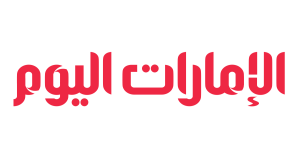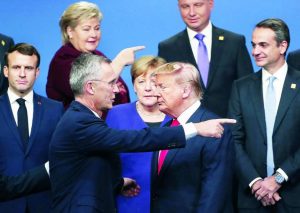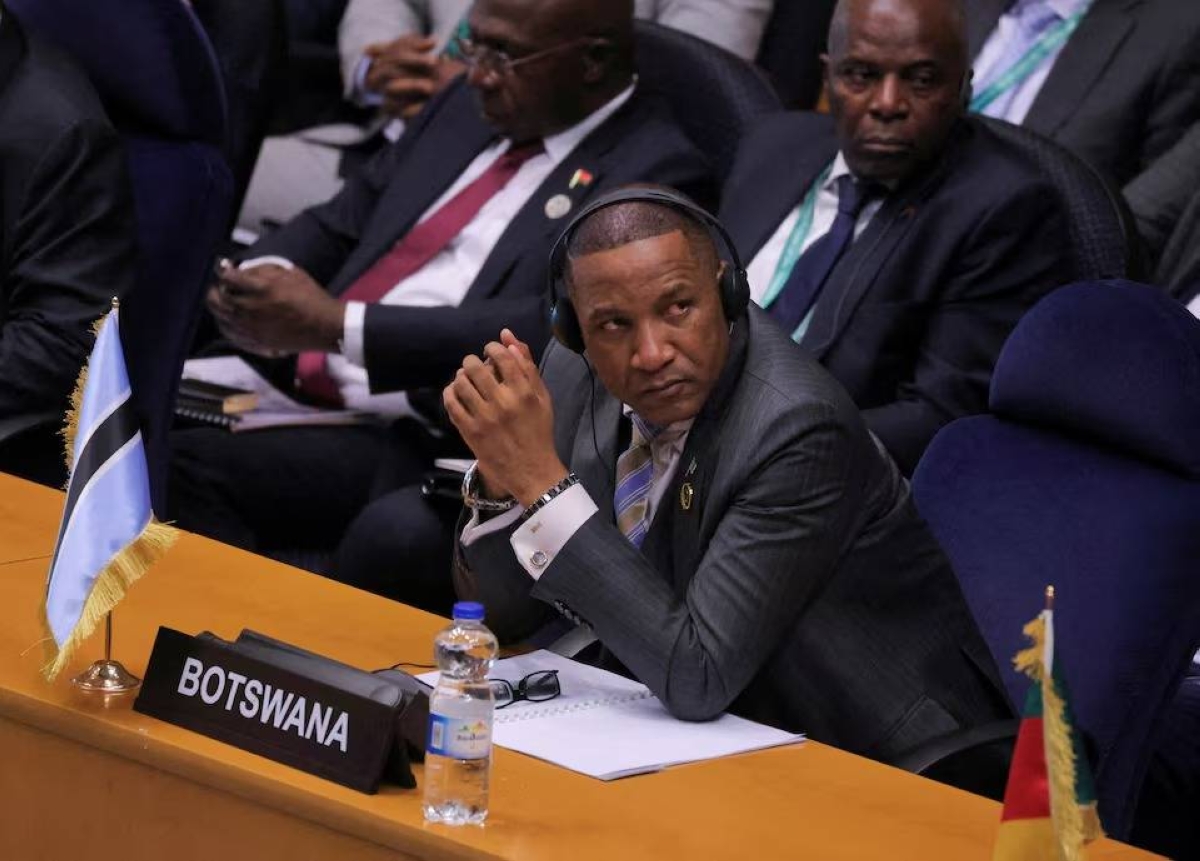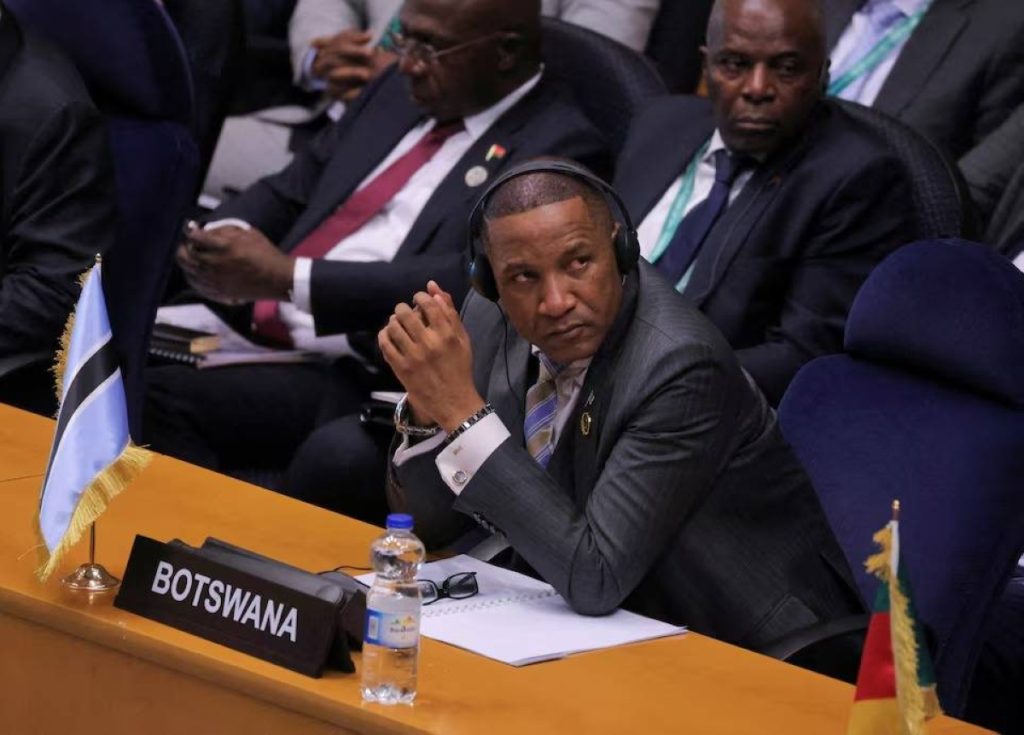Botswana’s President, Duma Boko, declared a public health emergency due to the collapse of the national medical supply chain, causing a severe shortage of essential medicines and medical supplies in hospitals and clinics. The army will oversee the emergency distribution process, with the first trucks loaded with medicines departing from the capital Gaborone to remote areas. The Ministry of Health revealed financial challenges leading to depletion of medicine stocks and postponement of all non-urgent surgeries. Chronic disease medications such as those for hypertension, cancer, diabetes, tuberculosis, asthma, eye disorders, reproductive health, and mental illnesses are among those in short supply, alongside bandages and surgical threads. The Botswana Finance Council approved an emergency fund of 250 million pula (about 17.35 million USD) to purchase medical supplies. The economy, heavily reliant on diamond exports, faces financial pressures due to a continuous global diamond market decline. Cuts in U.S.
health funding during the Trump administration worsened the crisis. President Boko highlighted unjustifiably high prices for medical supplies and inefficiencies in distribution causing losses and spoilage. The Health Ministry owes about one billion pula (approximately 74.7 million USD) to private health facilities and suppliers, adding to sector challenges. To enhance crisis response, the army will lead distribution to ensure medicines reach hospitals and clinics, especially in remote areas. The Botswana Development Corporation was called to provide initial funding of 100 million pula, with pension funds and insurance institutions urged to contribute. UNICEF warned of urgent action needed as one in five children in western border areas near Namibia suffer from malnutrition, indicating serious social consequences, especially since 83% of Botswana’s population depends on the public health system.














Recommended for you
Talib Al-Rifai Chronicles Kuwaiti Art Heritage in "Doukhi.. Tasaseem Al-Saba"
Exhibition City Completes About 80% of Preparations for the Damascus International Fair Launch
Unified Admission Applications Start Tuesday with 640 Students to be Accepted in Medicine
Egypt Post: We Have Over 10 Million Customers in Savings Accounts and Offer Daily, Monthly, and Annual Returns
His Highness Sheikh Isa bin Salman bin Hamad Al Khalifa Receives the United States Ambassador to the Kingdom of Bahrain
Al-Jaghbeer: The Industrial Sector Leads Economic Growth